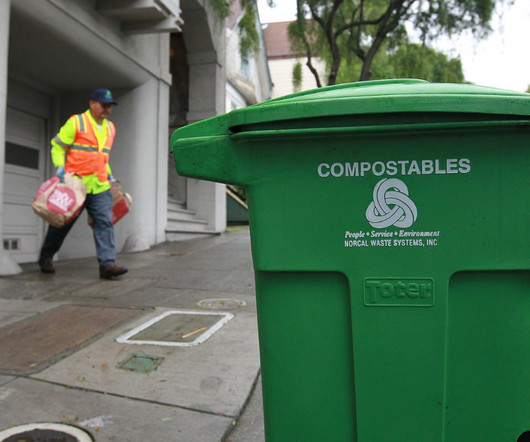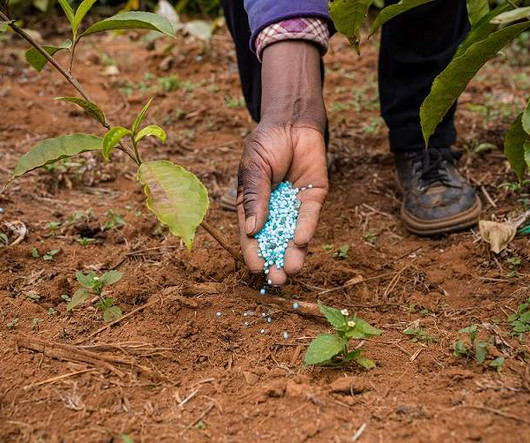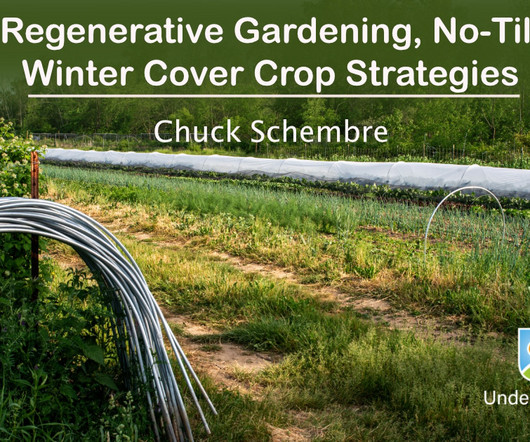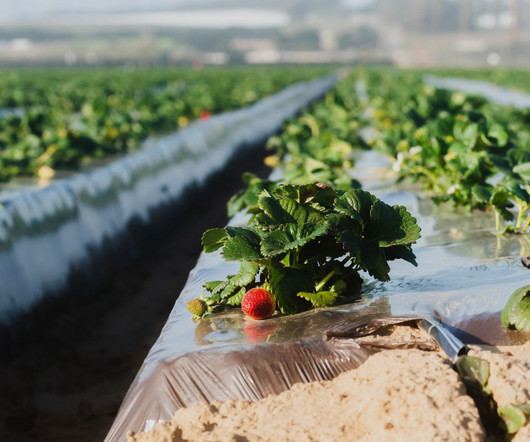Should Bioplastics Be Allowed in Organic Compost?
Civil Eats
APRIL 29, 2024
Steve Ela is an organic fruit grower in western Colorado who relies on compost to nourish his heirloom tomato crop each year. Ela knows first-hand how central compost is to his organic farm—and all organic agriculture. Department of Agriculture (USDA) compost rules could dramatically change the meaning of organic compost for farmers.















Let's personalize your content